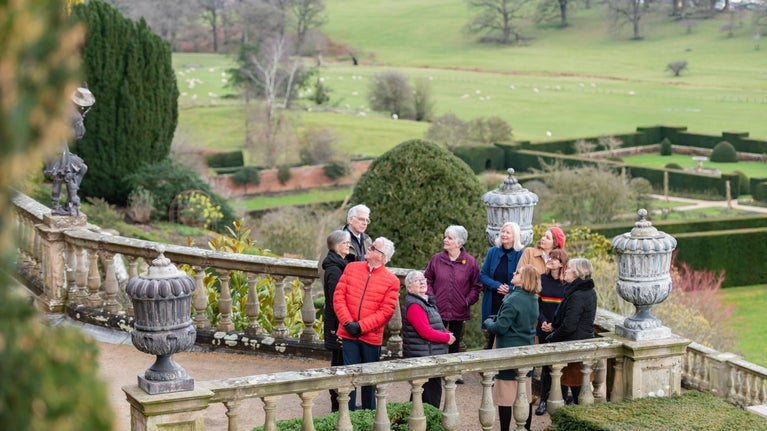
Badgers and bovine TB

Bovine tuberculosis (bTB) is a serious issue that has a devastating impact on livestock farmers. The National Trust’s approach to controlling this disease is guided by the wish to be humane, evidence-led and safeguard local wildlife populations. The culling of badgers is not taking place on National Trust land.
Our approach to bovine tuberculosis
Bovine tuberculosis (bTB) can have serious emotional and financial impacts on livestock farmers, as well as causing suffering and death to huge numbers of cattle and badgers.
We recognise that badgers have a role in transmitting this disease and acknowledge the current, but limited, scientific evidence that badger culling may help address TB in cattle. However, the culling of badgers is not taking place on National Trust land.
Controlling this disease
Our own approach to controlling this disease is guided by the requirement for any wildlife management and lethal control interventions to be humane, evidence-led and safeguard local wildlife populations. Given the scale of the cull in England, the uncertain disease outcomes, and concerns over humaneness, we have taken the decision not to allow government licensed culling on any National Trust land at this time.
Practical support and advice
Instead, we are working in partnership with farm tenants to implement a programme of practical support, advice and ‘biosecurity’ measures to reduce their bTB risk. We are also supporting badger vaccination programmes on Trust land, which aim to control the disease while allowing badgers and cattle to coexist. We will continue to keep this work, and wider scientific evidence, under regular review.
Our core principle is to protect and care for places so nature and people can thrive. Sustainable livestock farming is good for nature, carbon and people and we will continue to support tenant farmers to achieve these aims.
Government policy
Policy on bovine TB is devolved to governments in England, Scotland, Wales and Northern Ireland.
Culling over large areas is only taking place in England. The policy of the Welsh Government involves designating areas as low, intermediate or high in terms of TB risk and includes measures such as annual testing of cattle, the closer control of cattle movements, quick isolation of reactors (bTB infected cattle), penalties for late bTB testing and, until recently, vaccination of badgers. We’ve been strongly supportive of this multi-pronged approach.
In Northern Ireland, we’ve been supportive of the Test, Vaccinate or Remove trial and we are very interested in the outcomes of the five-year programme, which is designed to provide locally relevant scientific evidence to inform decision making.

You might also be interested in
Our work caring for nature at Brockhampton
Find out more about the work the team are doing to care for wildlife at Brockhampton and our traditional orchards.

Riverlands project at Porlock Vale
Find out how the Porlock Vale Riverlands project on Exmoor has created a natural ecosystem to prevent flooding and encourage a wider habitat to attract wildlife.
Follow the Countryside Code
Help to look after National Trust places by observing a few simple guidelines during your visit and following the Countryside Code.
